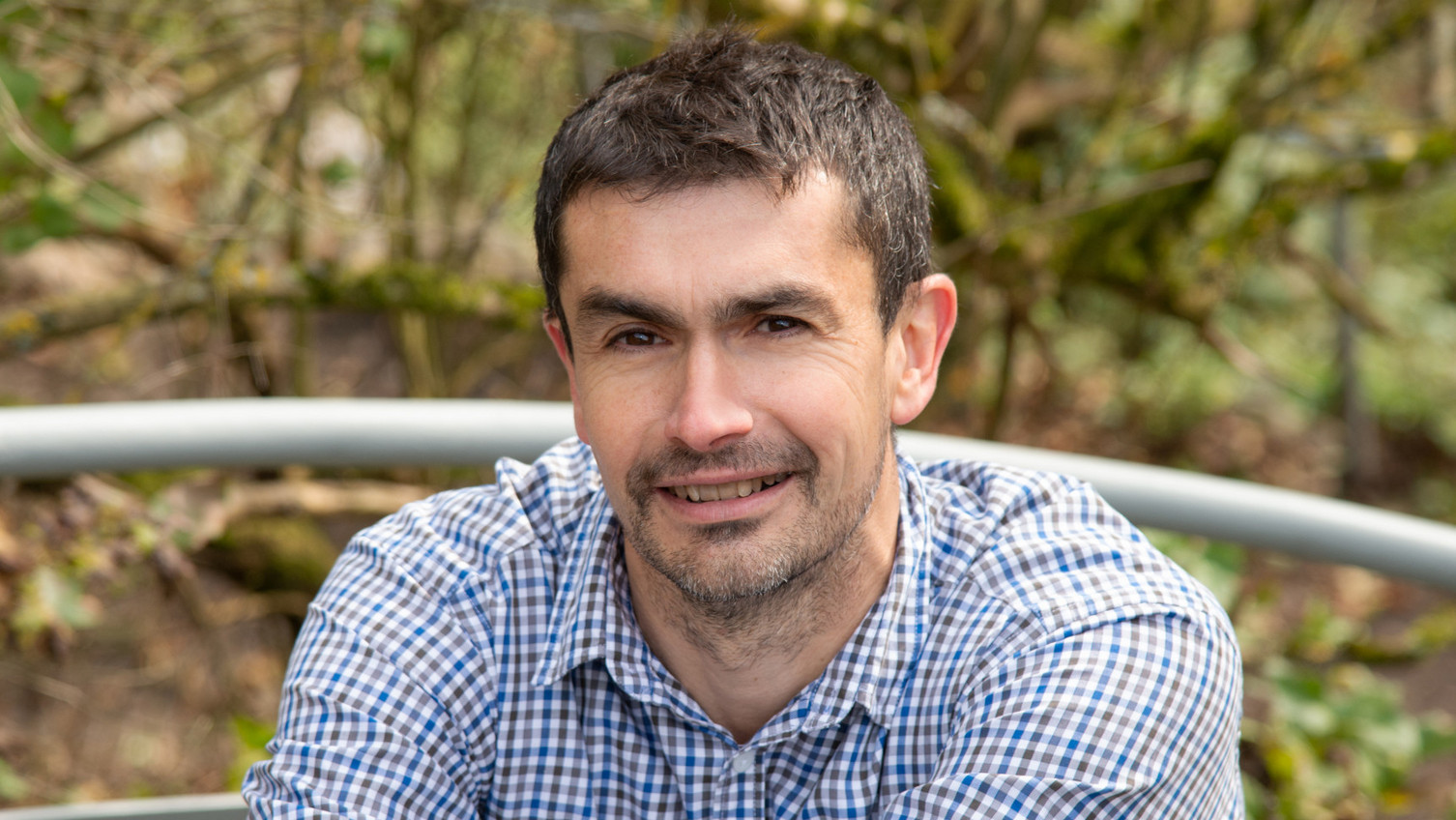B.Sc. Psychology: Dr. Jorge Guerra González - Alienated children suffer the most.
2022-11-30 The doctor of law and procedural guardian studied psychology at Leuphana in order to better understand the cases in his professional practice. In his bachelor's thesis, he dealt with the fate of today's adult children of separation
"When a young child uses terms like "breach of duty of care" or "neglect", I prick up my ears," says Jorge Guerra González. The doctor of law accompanies families who are separating. He talks to children to find out more about their wishes. What do they think about the separation? Would they prefer to live with mum or dad? It is not uncommon for children to be influenced by one parent. "In court, the child's opinion carries weight, which is right. But can an eight-year-old gauge what it means to never want to see his dad again?" asks Jorge Guerra González.
The 52-year-old looks back on a long educational career. He studied law in Madrid and received his doctorate in Halle. He then completed a degree in social economics at the University of Lüneburg and studied "Sustainable Development Cooperation" part-time at the University of Kaiserslautern. In 1997, he was honoured by the DAAD as the best foreign student. In the meantime, the father of three teaches himself: in 2010 he received the teaching award for his work at Leuphana College. But one discipline remained open for him: "I wanted to understand people better. So I applied for the Bachelor's programme in Psychology at Leuphana," reports Jorge Guerra González. For his Bachelor's thesis, he interviewed 55 adults. They belong to three groups: Children from intact families, children from separation families and so-called alienation children who have lost contact with a parent, for example due to a move, the influence of a parent or even abduction. "We, professionals in the family support system (judges, lawyers, youth welfare office staff, guardians ad litem, etc.) cannot know whether we are actually making recommendations in the best interest of the child. There are no evaluations. That's why I wanted to make a small contribution to this with my study," explains the lawyer. The data provide initial evidence, but have not yet been published scientifically.
Some of the results of the statistical evaluation of his survey are devastating: "Children of estrangement are often unhappier, sicker and less successful as adults than others," says Jorge Guerra González. Overall, he says, separation is difficult for children: "But the children of alienation suffer the most."
Jorge Guerra González experiences difficult cases every day in his professional practice as a guardian ad litem (advocate for the child) and as a contact guardian. He reports of lies, rejections and even imprisonment. Often a family situation is explosive: "Sometimes children have to be taken from families or separated from one parent. It is important to know that this also uproots and alienates a child over time. The disturbed bond with a parent has potentially serious consequences for the child's future well-being." For the lawyer, there is one question above all: Will the damage caused by turning away from a main attachment figure be greater than that which I want to prevent?
Around 30 test persons from his study were contacted by family courts, youth welfare offices, social workers or lawyers during the separation period: "According to their own statements, almost all of them had disappointing experiences. Few had the feeling that they were actually helped. I work in this system myself: I was shocked that the verdict was so negative. We all have to work together to make the system better."

